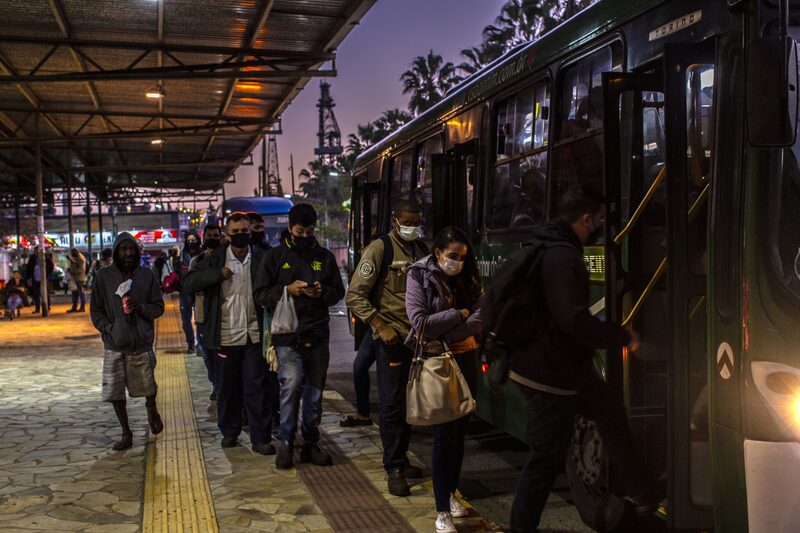Bloomberg — Tensions from Brazil’s bitter presidential election are spilling into the workplace with a surge in complaints about employers threatening dismissal or blandishing gifts to influence votes.
Two days before the runoff between ex-President Luiz Inacio Lula da Silva and incumbent Jair Bolsonaro, the number of on-the-job complaints has surged to 2,076, more than eight times as many as during the 2018 balloting, according to Brazil’s Labor Prosecutor’s Office. Almost all of the allegations were made during the runoff phase of the campaign, which started in the first week of October.
Workers say their employers are trying to sway their votes with everything from promises of benefits and advantages to threats of being fired, according to prosecutors. Some complaints say companies are forcing employees to attend political demonstrations.
The accusations came from all 27 states and from a broad span of sectors including retail, clothing, mining and even hospitals and public servants. Actions allegedly taken by agribusiness employers from farmers to meatpacking companies have been extensively reported by local media in recent weeks.
In Mato Grosso, a state that’s one of Brazil’s biggest agricultural producers, farm workers claimed employers were threatening to fire them if they don’t comply with the employer’s choice of candidate, according to reports on the prosecutors’ website. In Minas Gerais, a local meatpacker forced employees to wear t-shirt with an advertisement for Bolsonaro and said they would be gifted meat cuts if he was re-elected, according to a lawsuit from labor prosecutors.
The Labor Prosecutor’s Office didn’t provide specific figures by sector or candidate. In 2018, when the body started compiling figures on electoral harassment, there were just 212 complaints about 98 firms reported.
Brazilians will go to ballots on Sunday to decide whether conservative Bolsonaro or left-wing Lula will run Latin America’s largest economy for the next four years. Lula has consistently led polls, though his margin over the incumbent has narrowed.
--With assistance from Daniel Carvalho
Read more on Bloomberg.com



